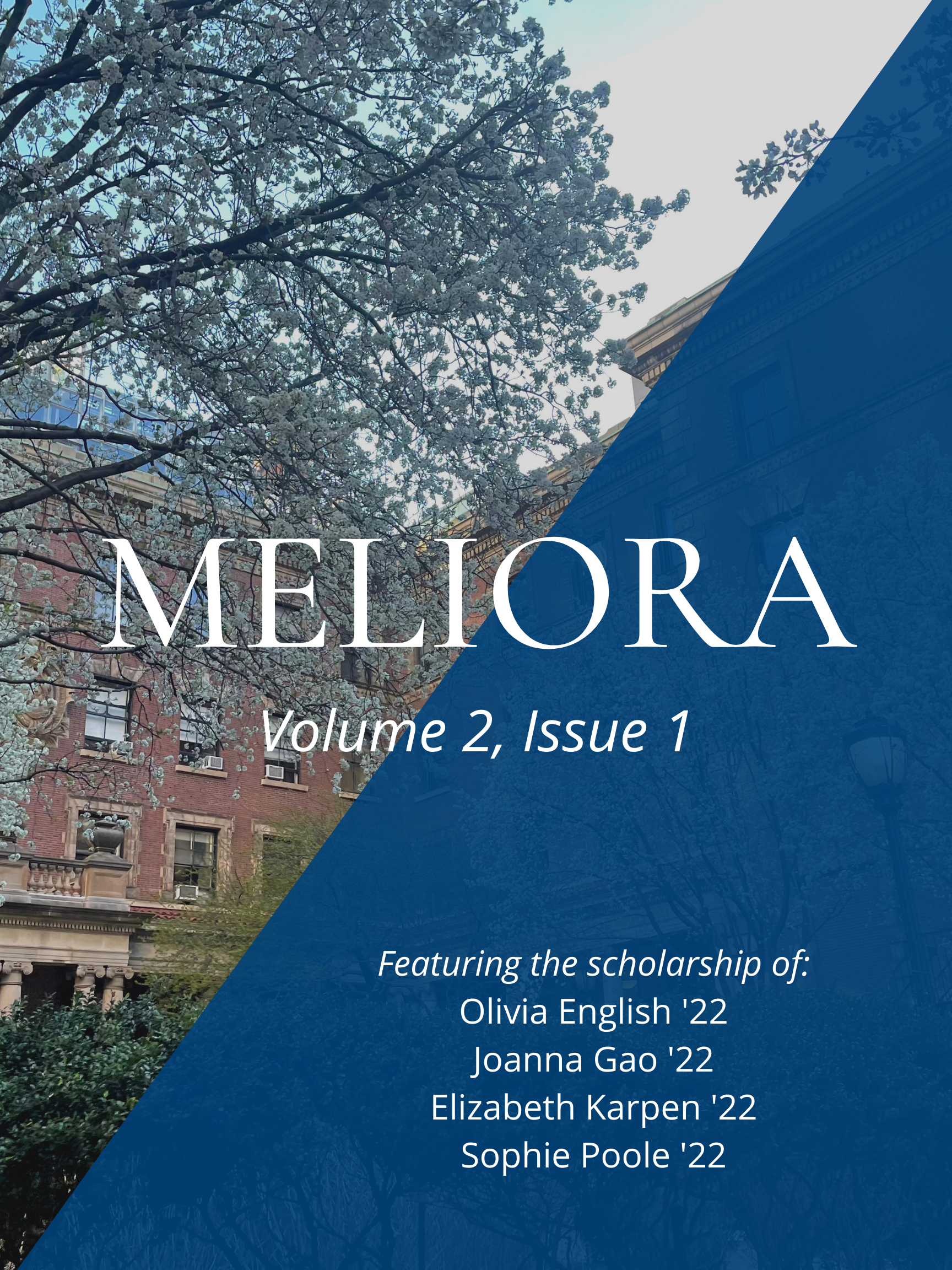摘要
Suppression of one’s emotions is defined as a shared experience among the March sisters in Louisa May Alcott’s Little Women, and a large portion of women after the Civil War. Drawing on the failed careers of Jo and Amy and the struggling marriage of Meg, this essay argues that in learning how to suppress oneself and be seen as socially acceptable, the sisters lose their prospects for success and happiness. When the sisters stray from home, their flaws are exposed: Meg’s jealousy, Jo’s anger, and Amy’s greed. A return trip home and time completing labor provide them training for wifehood. Within this labor, each sister confronts their greatest desire, forcing them to contain their desires toward what they want in order to prevent another outburst. The domestic sphere becomes a place for them to come face-to-face with their largest flaw and use the home as a testing ground for how to suppress their true emotions and survive within the expectations of being a wife. In stifling their ambitions and desires outside the domestic sphere through suppression training, the March sisters lose the prospects for unhappy marriages with men that continuously inflame their flaws through belittling behavior and condemnation.
##submission.copyrightStatement##

